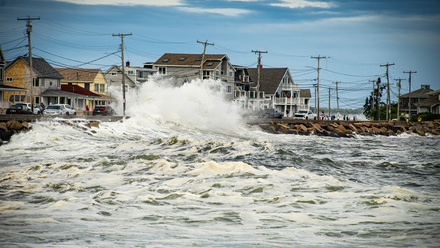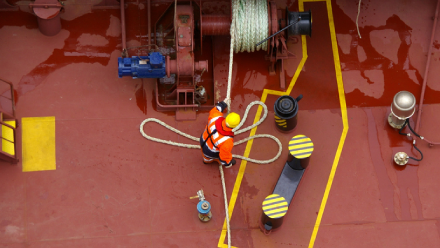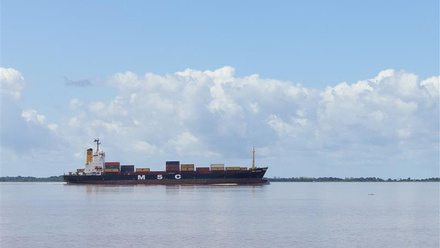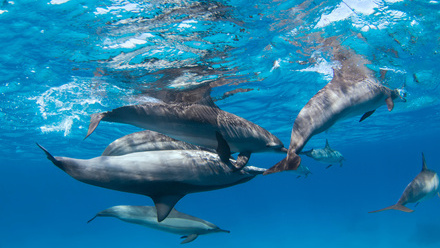Why we need to increase ocean data sharing
Why is sharing ocean data important?
The oceans produce half of the oxygen we breathe, provide food and livelihoods for over three billion people, and capture roughly 30% of the CO2 we produce. Despite playing such a vital role in maintaining human health and wellbeing, our oceans are understudied and largely still not well understood.
As a society, we need to balance the need for preservation and conservation of our oceans with responsible and sustainable economic development. This can only be accomplished by sound policy development, regulatory frameworks, and management systems that are informed by ocean science. Achieving a comprehensive knowledge of the ocean will require data in a massive, coordinated effort that combines the expertise, resources, and spirit of governments, academia, NGOs, and the private sector.
How is technological development both driving and supporting the move towards data sharing?
Complete ocean data sharing requires significant enhancement of digital infrastructure, the fulfilment of major data gaps, and the development of common technologies that enable interoperable data and information sharing and access. This will be an ongoing process that incorporates existing and emerging technologies across the ocean knowledge value chain, ensuring that ocean data is discoverable and accessible.
What opportunities are there for companies to share their data?
Thanks in part to the United Nations Decade of Ocean Science for Sustainable Development (2021-2030), the private sector is now recognised as a key stakeholder in the development of a global framework for ocean science. As both an ocean data generator and user, the private sector has numerous opportunities to share their data. The different Ocean Decades’ endorsed programmes support, encourage, and promote this. Some of these initiatives, which Fugro is also a part of, are Seabed 2030 for bathymetric data, and the Ocean Decade Corporate Data Group (CDG).
Read more: Nearly one quarter of sea floor digitally mapped
What are the main challenges in data sharing?
CDG and other initiatives are developing solutions and best practices to overcome the common barriers that limit public access to private sector ocean data. These barriers include – but are not limited to – national regulations, intellectual property, licensing, and funding.
From a global perspective, the main challenge is the complex, segmented, and generally uncoordinated data ecosystem. There are thousands of individual ocean data portals globally, so it is difficult for companies to know what type of data, in what format, and to whom or where it should be shared. Organisations like CDG can help companies navigate the complex landscape of ocean data sharing.
What advice would you give to a company thinking about sharing ocean data but is nervous about doing so?
My advice would be to act now and start sharing some form of ocean data. This does not have to be a commitment to sharing all ocean data globally, but it could start with a specific type of data. By starting, you create more comfort with the process, and find the many benefits of ocean data sharing.
Companies that support the blue economy and operate in or on the ocean have a responsibility to minimise impact on the ocean and its biodiversity. [They] also have a responsibility to share ocean data that will support the science needed to reverse the current cycle of decline in ocean health.
Join IMarEST’s Operational Oceanography Special Interest Group to discover more.
Main image: concept of ocean data; credit: Shutterstock.
Newsletter image: David Millar, Government Accounts Director; credit: Fugro.
Tell us what you think about this article by joining the discussion on IMarEST Connect.






